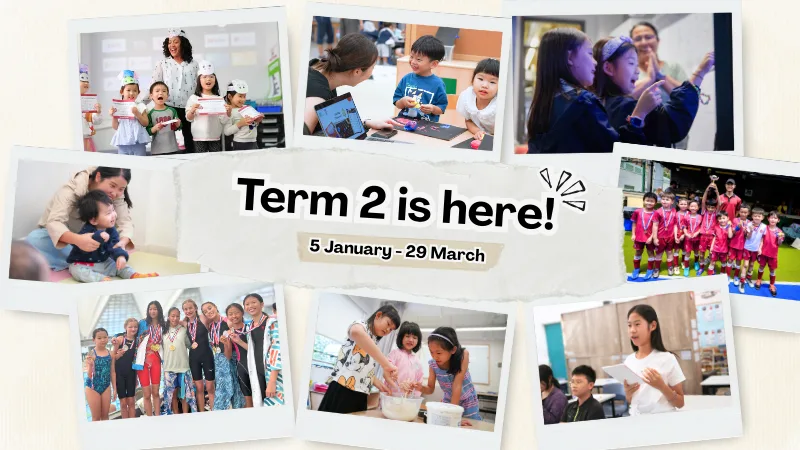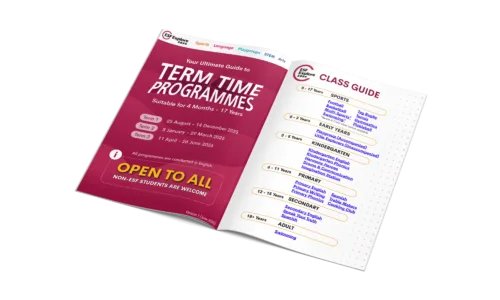
With a growing technology industry and thirst for more gadgets, it can be daunting for parents to know what should and shouldn’t be used with young children. As it is a relatively new phenomenon, there is little research to conclude the exact impact of iPads and computer use on youngsters and their effect in later years. However, even when used for very short periods, the importance is making the distinction between passive and active interactions (highlighted by Dr Dimitri Christakis, Professor of Pediatrics at University of Washington School of Medicine, 2014). See his TEDx talk:
At ESF Language and Learning we are aware of the potential disadvantages of using iPads and screens in our early years' classrooms in respect to cognitive, physical and social development but we also appreciate the value they can bring. Therefore, iPad and screen use is limited in our lessons and, if used at all, students are still interacting with others. For example, if we play nursery rhymes to children or read a digital book, the selected application will provide additional visual and audio engagement for a few minutes. However, staff and caregivers (in playgroup classes) will sing, dance, role play, discuss etc with the students to ensure active participation in the activity to strengthen their understanding and learning experiences.
Rest assured that we always consider the best interest of our students when we select activities for class. For further information on this topic, we have selected some useful websites which may be of interest to you:
We're sure you have many thoughts on this topic - feel free to share your comments below.
Denise Longhurst & Sabra Prentice
Senior teachers









